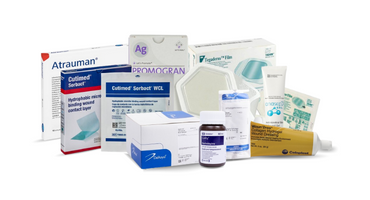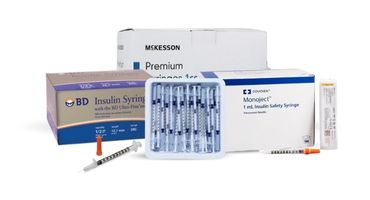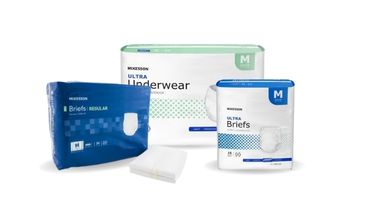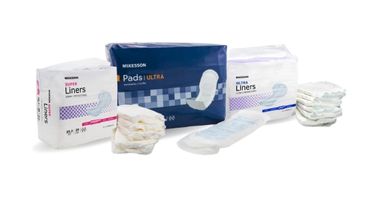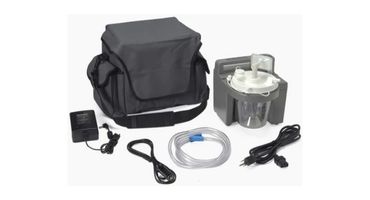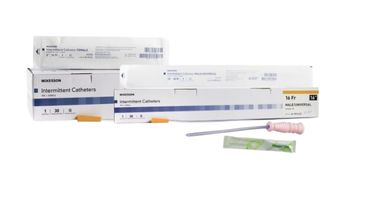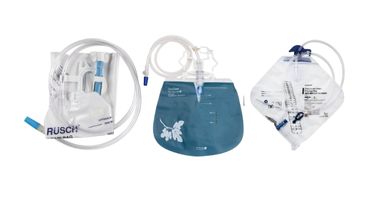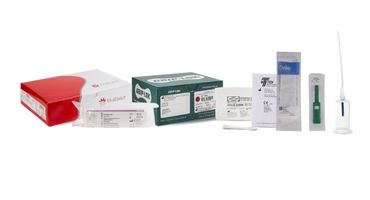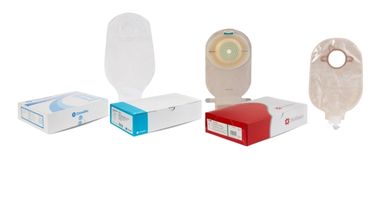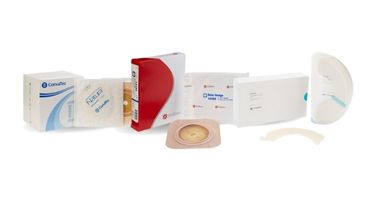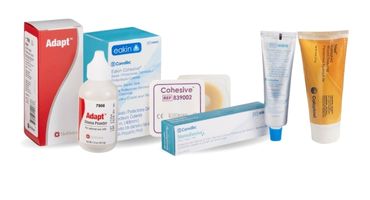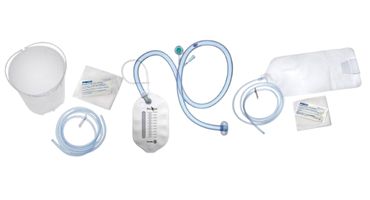Navigating the landscape of medical supplies can be challenging, but selecting the correct syringe types is essential for optimizing patient care. Understanding syringe size selection is crucial for achieving accurate dosing, whether administering insulin, vaccines, or conducting routine tests. With the right tools, such as the BD PrecisionGlide™ for precise small-volume injections and the EasyTouch® Insulin Syringe for diabetes management, healthcare providers can enhance the safety and effectiveness of treatments. Moreover, effective medical supply management, including the integration of quality wound care options, ensures that patients and caregivers have the confidence and resources they need. As a trusted partner in healthcare, we aim to provide comprehensive guidance and reliable solutions tailored to meet your medical supply needs.
Understanding Syringe Types
Selecting the appropriate syringe type is crucial for effective patient care. This section explores the various aspects of syringe selection, including size considerations, dosing accuracy, and the impact on overall patient care.

Choosing the Right Syringe Size
Selecting the correct syringe size is fundamental to ensuring proper medication administration. The size of a syringe directly affects its capacity and the precision of dosing.
For small volumes, such as insulin injections, a 1 mL or smaller syringe is typically used. These smaller syringes allow for more precise measurements of tiny doses.
Larger syringes, ranging from 3 mL to 60 mL, are used for administering greater volumes of medication or for drawing blood. The choice depends on the specific medical procedure and the amount of fluid involved.
When selecting a syringe size, healthcare providers must consider factors such as the medication's viscosity, the injection site, and the patient's individual needs. This careful consideration ensures optimal delivery and patient comfort.
Importance of Accurate Dosing
Accurate dosing is paramount in healthcare, directly impacting treatment efficacy and patient safety. Precise measurement and administration of medications can mean the difference between therapeutic success and potential complications.
Overdosing risks harmful side effects or toxicity, while underdosing may lead to ineffective treatment. Both scenarios can compromise patient health and recovery.
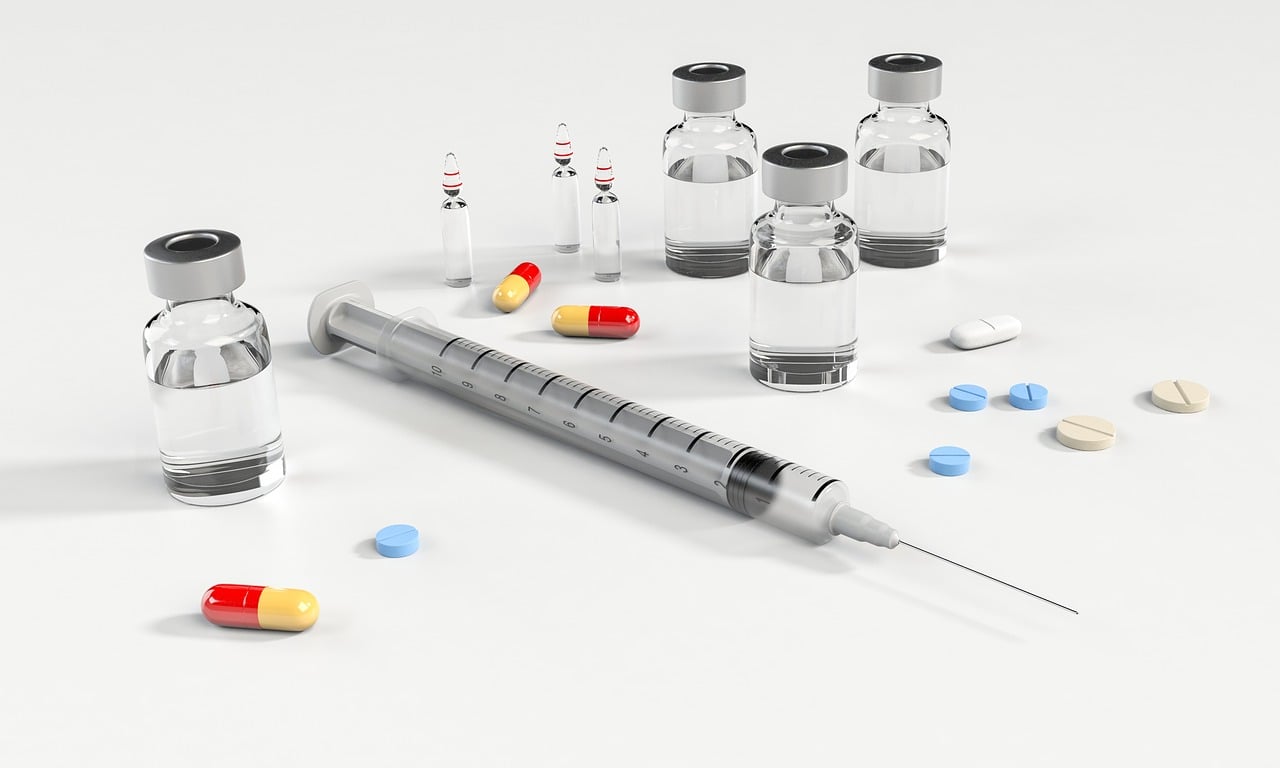
Healthcare professionals must use calibrated equipment and follow established protocols to ensure that every dose is delivered exactly as prescribed. This minimizes the risk of errors and enhances patient outcomes.
Implementing technology, such as automated dispensing systems or smart pumps, can further improve dosing accuracy by reducing manual intervention and potential human error. These tools offer an additional layer of safety by verifying dosage calculations and alerting staff to discrepancies.
In summary, maintaining accuracy in medication dosing is a critical component of patient care, demanding precision, vigilance, and the adoption of technological advancements when appropriate. Such diligence ensures that treatments are both safe and effective, ultimately leading to better patient health and quality of life.

